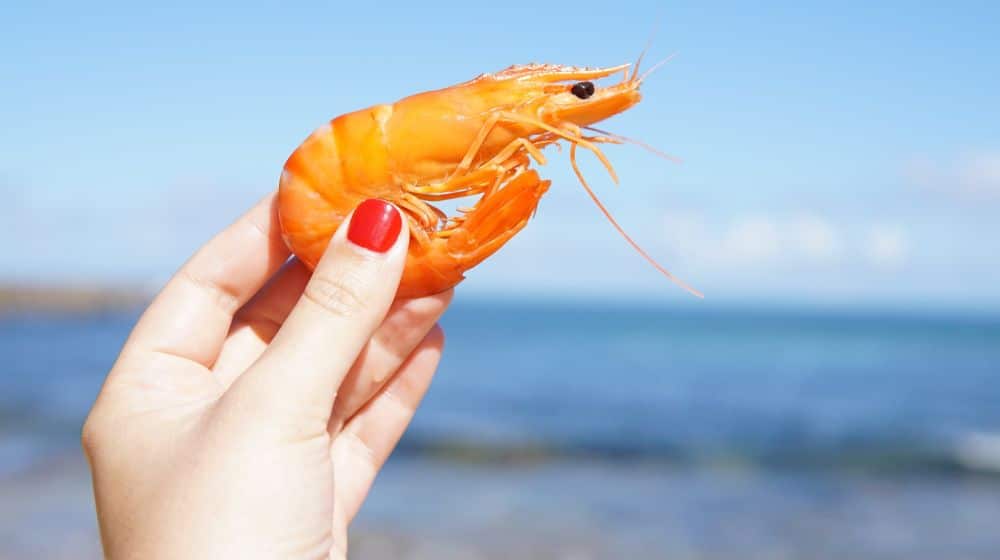The Saudi Food and Drug Authority (SFDA) has announced a temporary ban on imported shrimp from India due to concerns about contamination with the White Spot Virus (WSV).
The decision was taken after the Saudi Ministry of Environment, Water, and Agriculture conducted an analysis of several frozen shrimp samples imported from India, which tested positive for the virus.
The SFDA has emphasized that until the Indian authorities can provide sufficient guarantees regarding the safety of their exported products, the ban on imported shrimp will remain in place.
The authority has also expressed its commitment to protecting Saudi fisheries from any potential spread of the virus before lifting the ban.
This action by the SFDA demonstrates the importance of ensuring food safety in the country, and the authority’s readiness to take swift measures to safeguard the health and well-being of its citizens.
About White Spot Virus
White spot virus (WSV) is a highly contagious viral disease that affects shrimps, including various species of penaeid shrimp such as black tiger shrimp, white leg shrimp, and giant tiger prawn. It is considered one of the most devastating viral diseases of shrimps worldwide.
The virus causes characteristic white spots or patches to appear on the exoskeleton of the infected shrimp, hence the name “white spot”. Infected shrimp may also display other symptoms such as lethargy, reduced feeding, and abnormal swimming behavior.
WSV is highly infectious and can spread rapidly through waterborne transmission, such as contaminated water or live carrier organisms. Once a shrimp population is infected, mortality rates can be high, with up to 100% mortality in severe cases.
There is currently no known cure for WSV, and prevention measures such as good biosecurity practices and proper pond management are the most effective ways to control the spread of the disease. In some cases, infected shrimp may be treated with antiviral medications, but their effectiveness is limited, and their use is not recommended as a routine preventative measure.





















